10 Techniques Involving Lemons That Are Becoming More Interesting
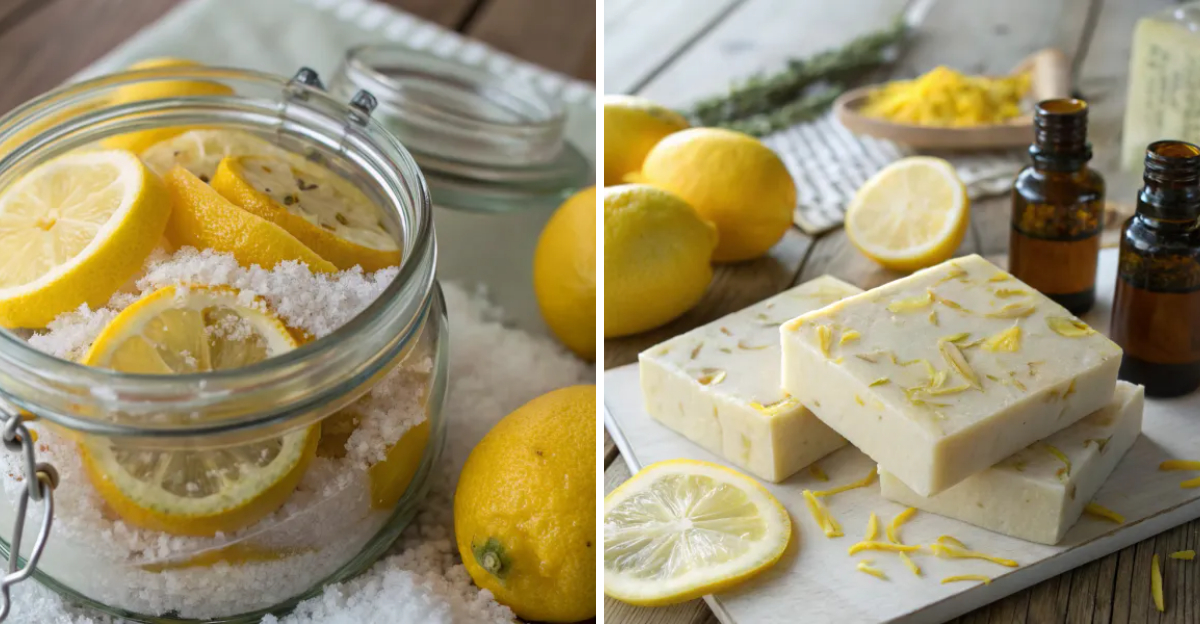
Lemons have taken on versatile roles beside their basic use in cooking and cleaning. These bright yellow fruits are slowly finding their way into a variety of everyday uses. From gently tenderizing meat to creating simple, natural art supplies, people are coming up with easy and creative ways to use every part of the lemon. Here are 10 light and practical techniques that show just how flexible and useful this familiar citrus fruit can be.
1. Natural Meat Tenderizer

Lemon juice works like a gentle hammer on tough meat fibers. The natural acids break down proteins, making even the chewiest cuts become tender and flavorful. Simply squeeze fresh lemon juice over your meat and let it sit for thirty minutes to two hours. The longer you wait, the more tender your meat becomes. This method works particularly well with chicken, beef, and lamb. Your family will notice the difference in texture and taste without any harsh chemicals or expensive tenderizing products.
2. Preserved Lemons for Cooking
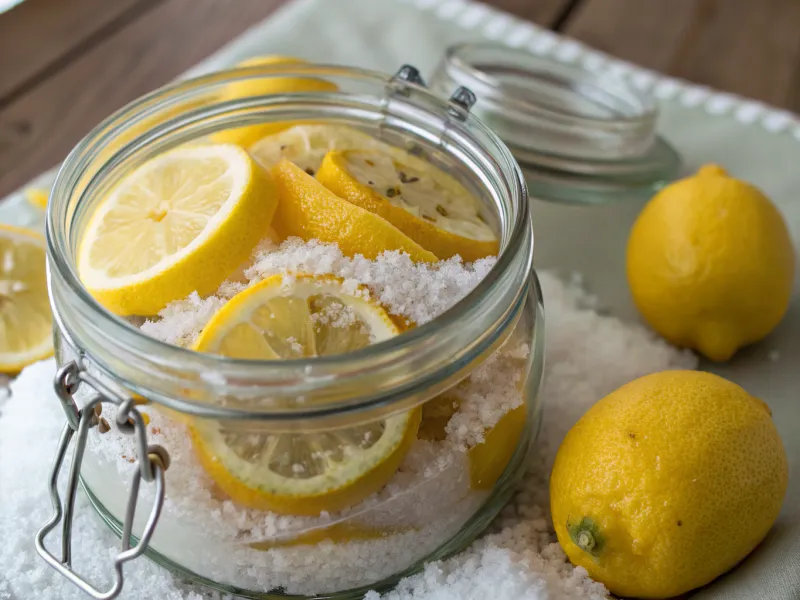
Middle Eastern cooks have been preserving lemons in salt for centuries. This process changes ordinary lemons into flavored ingredients that add depth to many dishes. Pack quartered lemons with coarse salt in a clean jar and wait several weeks. The salt draws out moisture while the lemons ferment naturally, making a tangy, salty flavor. Use these preserved lemons in rice dishes, stews, and salads. They provide a burst of concentrated citrus flavor that regular lemons simply cannot match in cooked foods.
3. Lemon Infused Honey
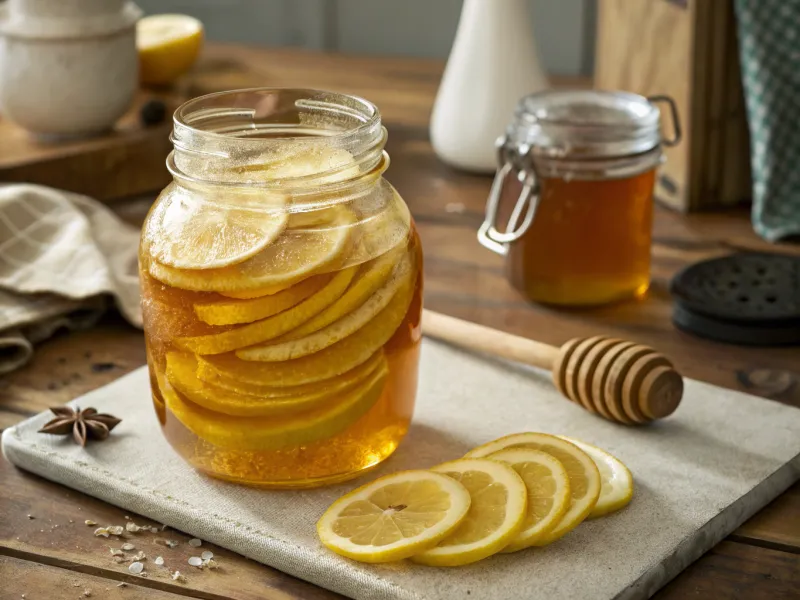
Combining lemon slices with honey makes a natural sweetener. This simple preservation method keeps lemons fresh while adding citrus fragrance to the honey. Layer thin lemon slices in honey and store in a cool place for several days. The honey absorbs the lemon oils and flavors gradually. Stir this mixture into hot tea, drizzle over pancakes, or eat it straight from the spoon when you feel a cold coming on. The combination provides natural energy and vitamin C.
4. Probiotic Lemon Drinks
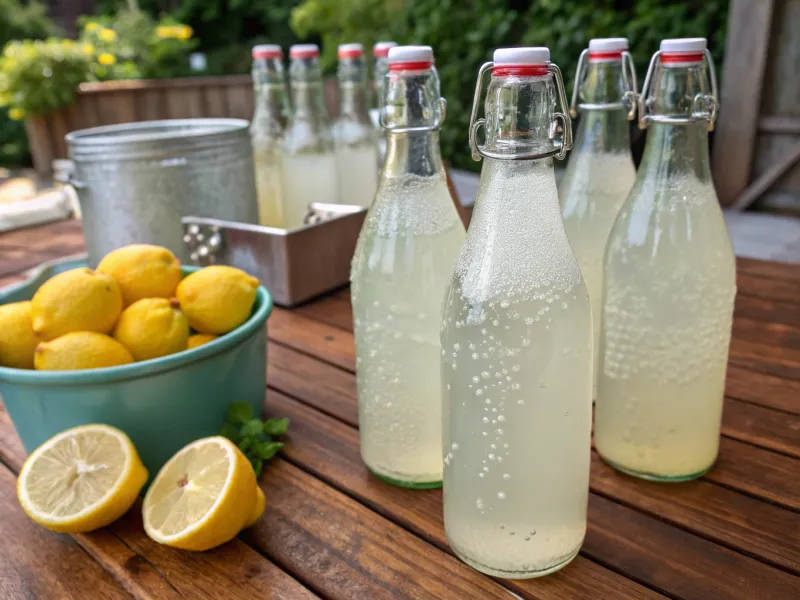
Lemonade combines the tangy taste of lemons with beneficial juice for your digestive system. This fizzy drink forms naturally when you add cultured ingredients to fresh lemon juice. Mix lemon juice with a small amount of yogurt whey or fermentation starter. Cover and leave at room temperature for several days until it becomes bubbly. The result tastes like naturally carbonated lemonade with added health benefits. This traditional preservation method creates probiotics that support gut health while keeping the drink refreshing and flavorful.
5. Fresh Pizza Enhancement

Adding fresh lemon juice to pizza might sound unusual, but it brightens heavy flavors and cuts through rich cheese and oils. Many pizza lovers now request lemon wedges with their orders. Squeeze lemon juice over your pizza just before eating, especially with seafood toppings like shrimp or fish. The acid balances salty and fatty flavors. This technique works particularly well with Mediterranean-style pizzas that include olives, capers, or anchovies. The lemon adds freshness that makes slices more enjoyable and less heavy.
6. Natural Air Freshening
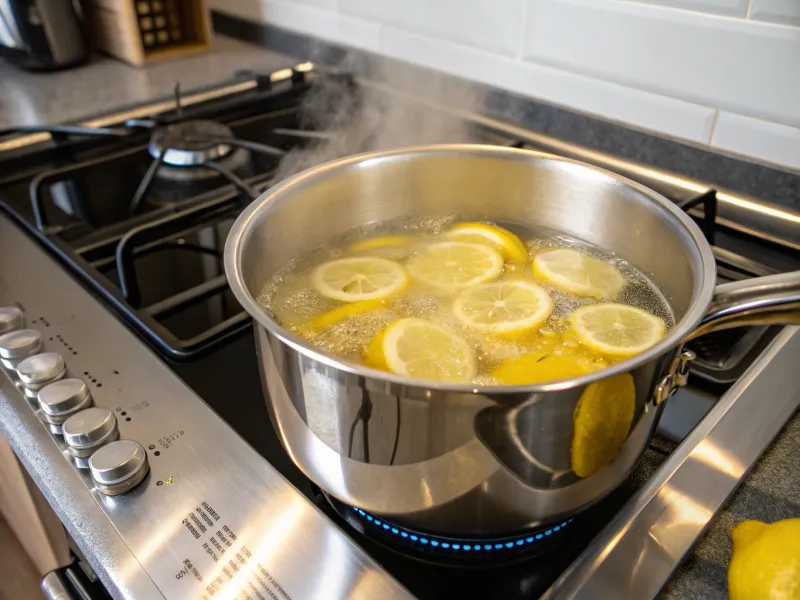
Simmering lemon peels releases natural oils that freshen your entire home without artificial chemicals. This old method costs almost nothing and smells better than store-bought sprays. Add lemon peels to a pot of water and simmer on low heat for several hours. The steam carries citrus oils throughout your house naturally. This technique works especially well after cooking fish, cleaning with strong products, or when your home feels stuffy. The natural oils neutralize odors rather than just covering them up with synthetic fragrances.
7. Garden Insect Control
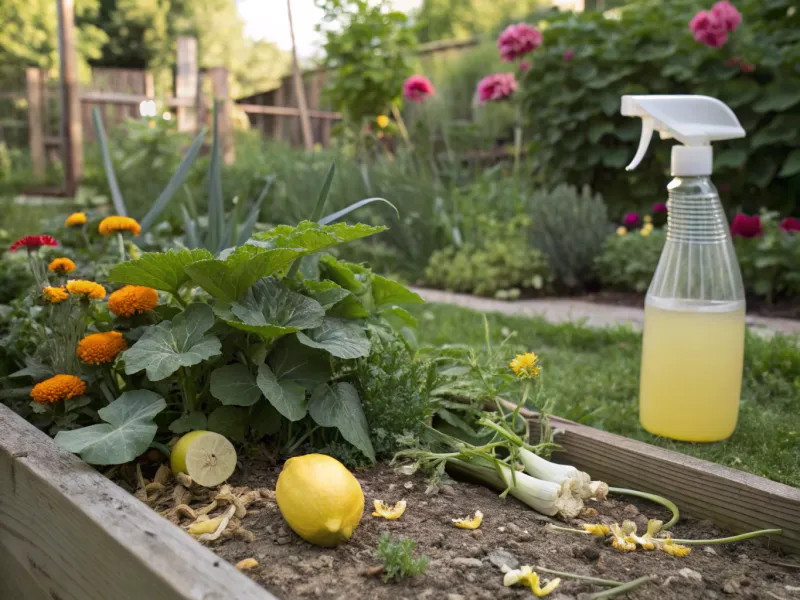
Lemon peels and juice naturally repel many common garden pests without harming beneficial insects or your plants. This environmentally friendly approach protects your garden using materials you already have. Scatter fresh lemon peels around plants or spray diluted lemon juice on leaves. Many insects dislike the strong citrus scent and will avoid treated areas. This method works particularly well against ants, aphids, and some flying insects. Replace the peels weekly for continued protection, and your garden stays healthier without expensive or toxic pest control products.
8. Composting Enhancement
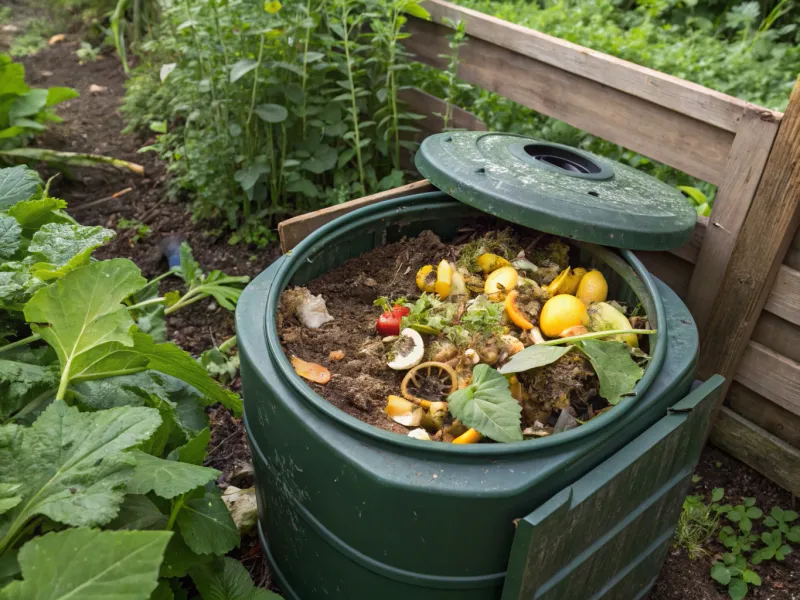
Lemon peels add valuable nutrients to compost piles, but their acidity requires careful balance with other materials. When done correctly, they help create rich soil for your garden. Mix lemon peels with brown materials like dried leaves or grass clippings to balance the acidity. Too many citrus peels alone can make compost too acidic for most plants. The peels break down slowly, adding nitrogen and other nutrients gradually. Your finished compost will have better texture and provide more nutrition for vegetables and flowers than compost without citrus materials.
9. Natural Skincare Applications
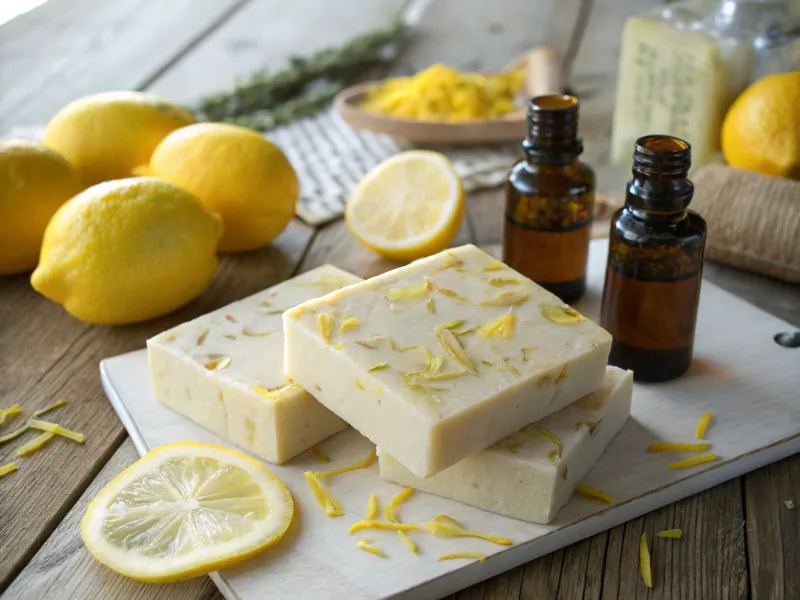
Lemon peels contain oils and compounds that benefit skin when processed properly into soaps, lotions, or scrubs. The natural oils provide gentle cleansing without harsh chemicals. Dry lemon peels and grind them into powder for homemade scrubs, or extract oils for soap making. The natural acids help remove damaged skin cells gently. These homemade products often work better than expensive store-bought versions because they contain no artificial additives. Test on a small skin area first, as citrus oils can increase sun sensitivity in some people.
10. Lemon Based Stain Remover

Stubborn stains meet their match with the power of lemons. The natural bleaching and antibacterial properties of lemon juice make it an effective stain remover. Simply apply freshly squeezed lemon juice to the stain, let it sit in the sun, and watch as the blemish fades away. Lemon juice is particularly effective on perspiration stains and can also brighten whites. The citric acid works to break down the compounds causing the discoloration, while the natural oils enhance the cleaning process. Using lemons as a stain remover is not only environmentally friendly but also economical. It’s a refreshing alternative to harsh chemical cleaners, allowing you to embrace a more sustainable lifestyle without changing cleanliness.
